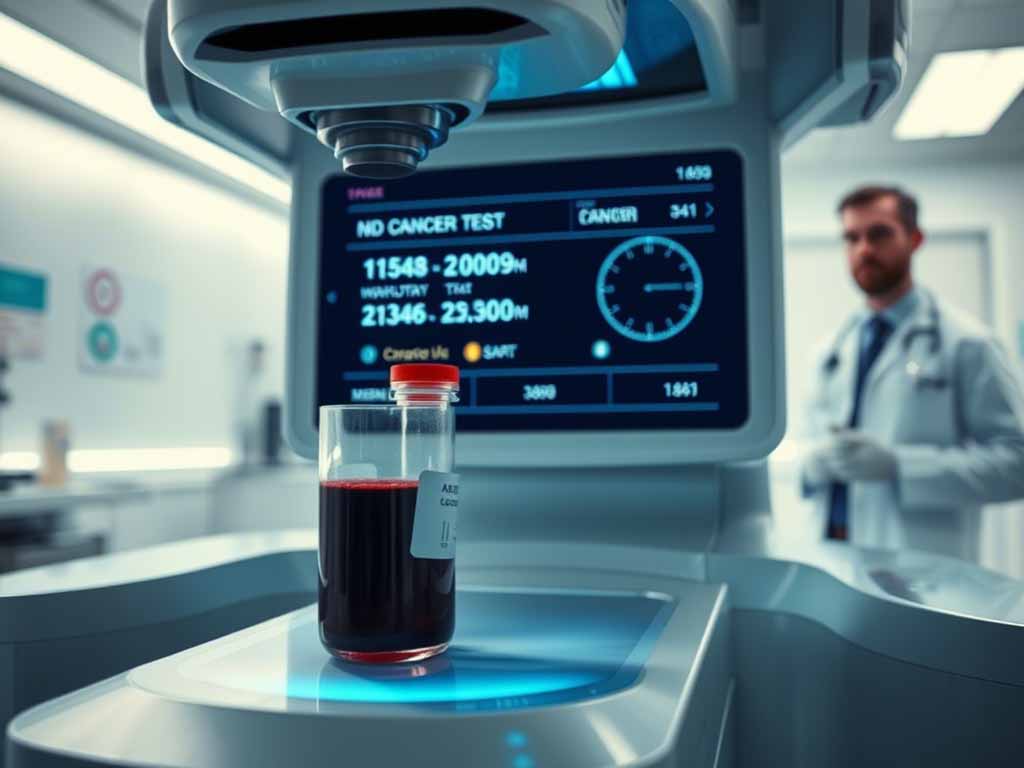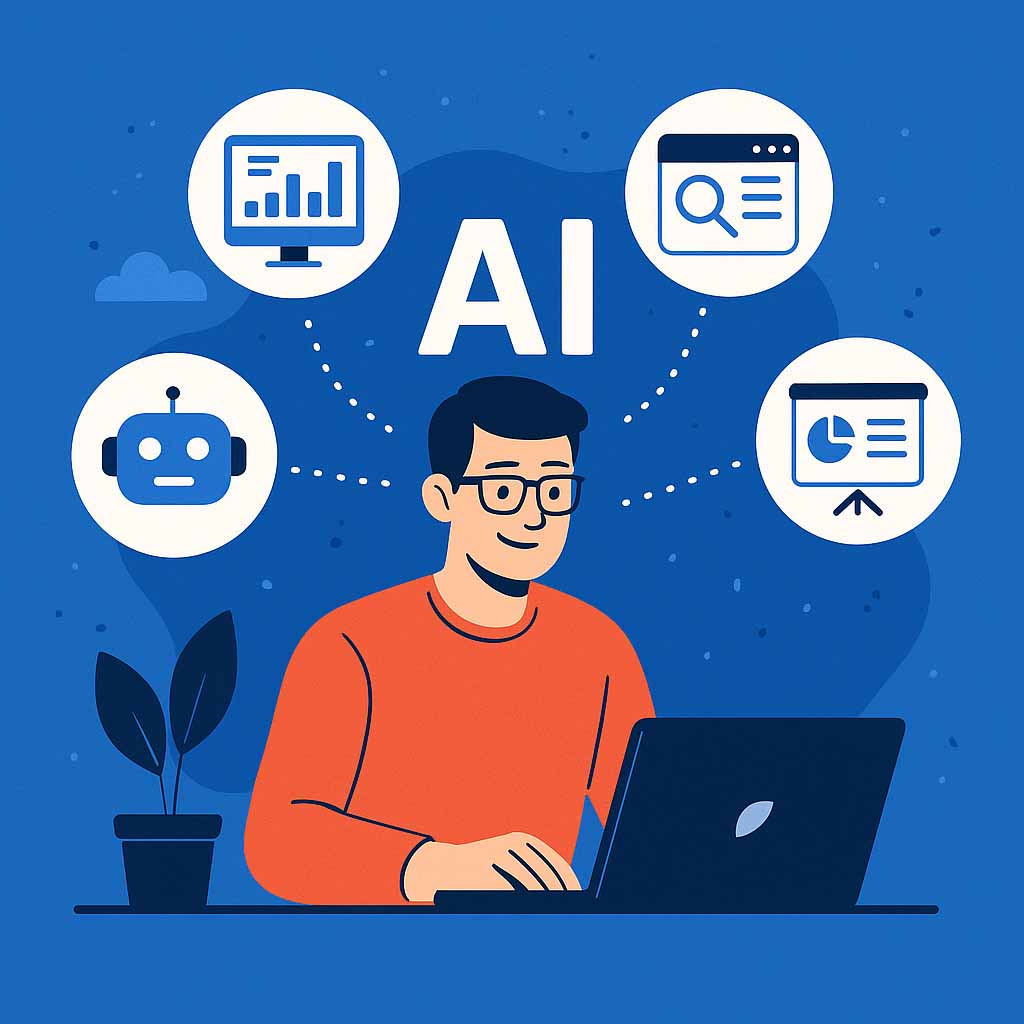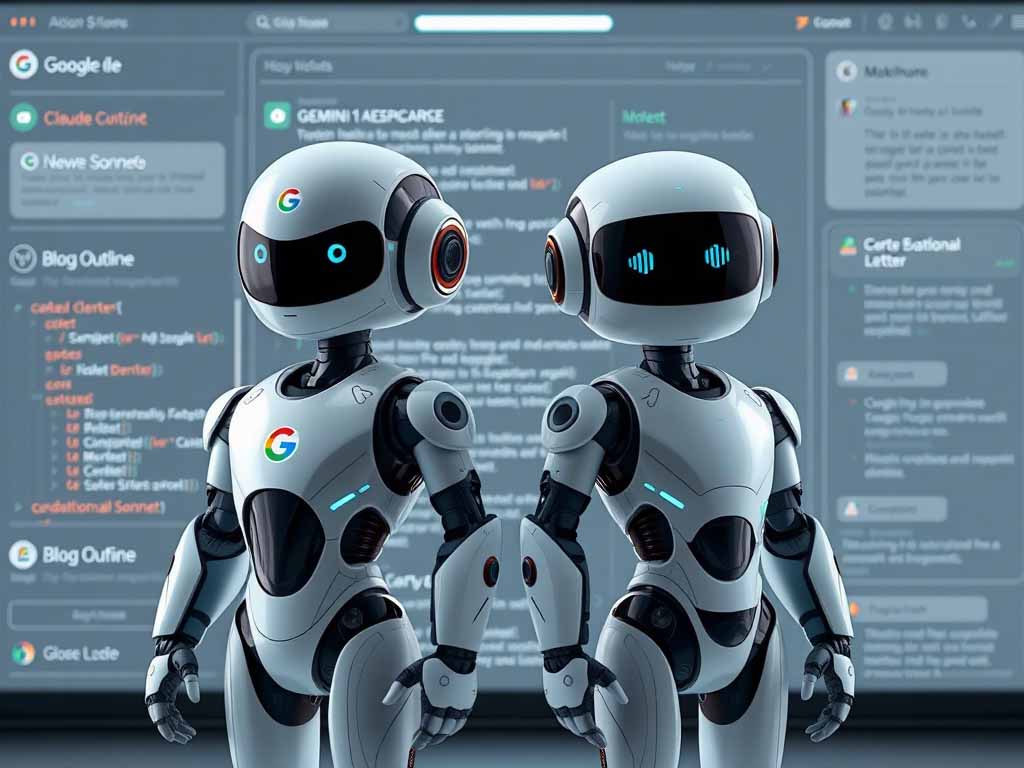Hey readers
Today’s story isn’t about robots or startups. It’s about something that hits much closer to home: your health — and how AI might soon be the reason someone you love gets diagnosed early, treated faster, and lives longer.
So, let’s talk about what just happened in the world of medical technology, and why it matters way more than most headlines floating around this week.
The Breakthrough: One Drop of Blood. One Minute. Life-Changing Info.
A health-tech startup called MedX AI — funded by Google Ventures — just announced that their latest AI model can detect over 5 types of cancer from a single blood sample, and it does it in under 60 seconds.
No invasive tests. No long lab waits. Just:
- One tiny blood draw
- AI scans for specific molecular markers
- Doctors get instant results
The accuracy? Early trial data shows 92%+ reliability — and yes, it’s currently being tested in hospitals across Europe and the U.S.
Why This Actually Matters (Like, Right Now)
We throw around big tech numbers all the time. But this one hits different.
Because when it comes to cancer, time is everything:
- Early detection = earlier treatment
- Earlier treatment = higher survival rates
- And in many regions with doctor shortages, AI may be the only fast solution
This isn’t some far-off, sci-fi promise. This is right now, and people’s lives could be saved because of it.
Real Talk: How It Could Affect You or Your Family
Imagine this:
You’re in a small town where the local clinic is swamped. Normally, you’d wait weeks for test results. But now? A quick blood test, a minute later, you have answers — and a real chance to catch something early.
Or maybe your parents, or grandparents, are in care homes. Routine blood tests could screen for cancer monthly, with almost no effort. It’s quietly revolutionary.
Where This Is Being Used
Here’s a quick look at how AI cancer detection is starting to roll out:
| Region | Status | Hospitals Involved |
|---|---|---|
| 🇪🇺 Europe | In clinical trial | Germany, UK, Netherlands |
| 🇺🇸 USA | Pilot program | Mayo Clinic, UCSF, NYU Langone |
| Asia | Coming in 2026 | Early talks in Japan & Singapore |
The goal? To eventually make this AI a standard tool in every general hospital, clinic, and mobile lab van.
What This Means If You’re in the Health World
If you’re a:
- Doctor or Nurse → This could become your next assistant
- Medical student → Time to learn AI tools as much as anatomy
- Health tech builder → There’s room for micro-products: from cancer dashboards to alert systems
- Caregiver → Expect smarter diagnostics in elderly homes and family health apps
This is the kind of change that slowly slips in — and then suddenly it’s everywhere.
Behind the Scenes: How the Tech Works
Here’s a simplified peek into the magic:
- The AI was trained on millions of blood samples
- It detects molecular “signatures” — patterns specific to certain cancers
- Uses machine learning + molecular biology, and refines results the more it scans
Basically, it works like Shazam — but for cancer cells in your bloodstream.
What’s Next? Quick Predictions
- Blood-based cancer tests will go mainstream by 2026
- Governments will begin subsidizing AI diagnostics in rural areas
- Medical AI literacy will become a key part of healthcare training
- Insurance companies will reward clinics using AI for faster, cheaper diagnosis
This is a tech wave you don’t want to ignore — even if you’re not in medicine.
Final Thoughts
We all know someone affected by cancer. The idea that AI could make detection quicker, cheaper, and less scary is one of the most hopeful things to come out of the tech world lately.
Forget the hype — this is real, human-first innovation.
And if that’s the kind of future we’re building, then sign me up.
Would you trust an AI to run your next blood test? Let me know in the comments — I’d love to hear your thoughts.



